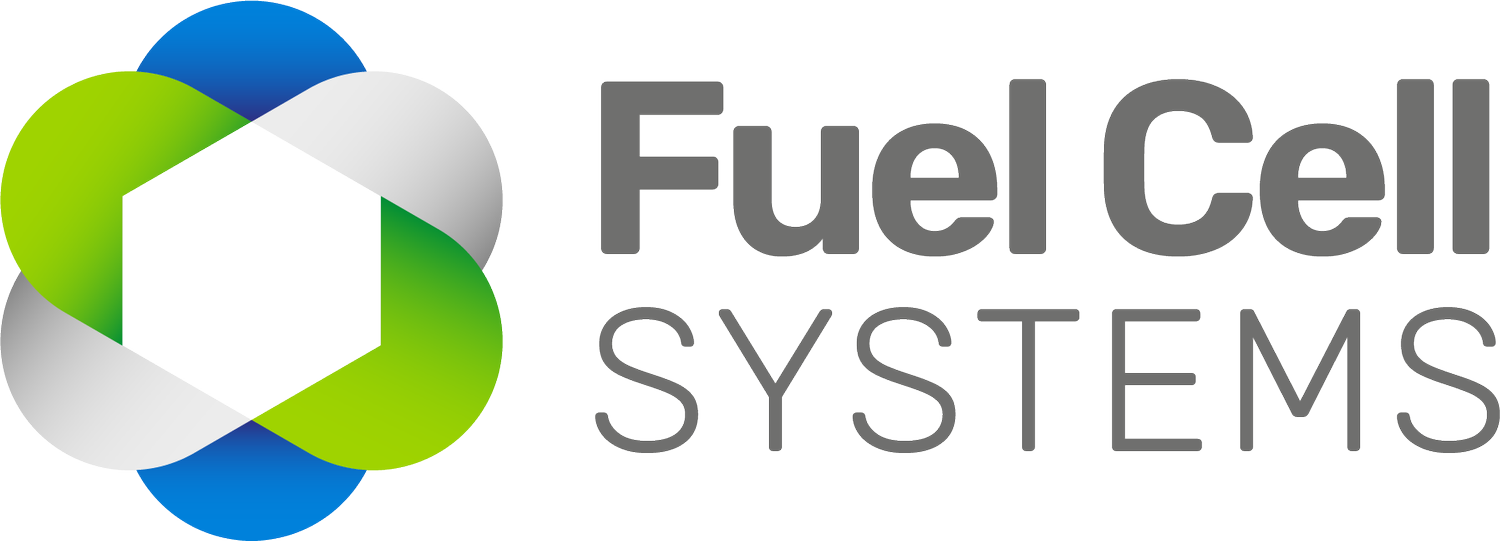
Fuel Cell FAQs
Fuel Cell types and technologies
-
There are several different types of fuel cell technology, and different fuel cells use different fuel types (e.g. Hydrogen, Methanol, Propane/Natural Gas).
Each technology has its own advantages, advantages which can be utilised in different applications. -
Fuel Cell Systems looks to make partnerships with any global fuel cell manufacturer who can offer commercially viable, reliable fuel cells with assured long term support of their products.
Contact us today to discuss your application, and we can provide you with suitable options.
Fuel Cell applications
-
Fuel cells are very suitable for boats up to around 40ft. They have successfully been installed in leisure yachts, racing yachts, and ocean rowing boats.
Contact us so we can put you in touch with one of our Marine installers in your area. -
Fuel cells are used very widely in the motorhome and campervan market and have been for more than 20 years. Indeed the EFOY fuel cells were originally developed for this application!
Contact us so we can put you in touch with one of our installers in your area.
EFOY Fuel Cell Customers
-
An error code has appeared on the operating panel. What does this mean?
Error codes are listed on the Troubleshooting document and in your EFOY COMFORT or EFOY Pro user manual.
-
Package your fuel cell carefully and send it in to us following the provided packaging instructions. Once you have prepared the fuel cell, contact us on enquiries@fuelcellsystems.co.uk to arrange the repair process and receive further instructions.
-
Once your fuel cell is with us, it can be assessed here free of charge. If the fault cannot be fixed here, we will recommend that the fuel cell is diagnosed by the manufacturer’s technicians (for which there is a diagnosis fee). The technicians then write up a report for repair and provide a quotation. At this point, you can choose to have the fuel cell repaired and returned to you, or recycled. This process usually takes around 4 weeks.
-
Yes. Please ring or email your order through and arrange a time with us for collection. Collection is possible during office hours (Monday-Thursday 9am-5.30pm, Fridays 9am-5pm).
Please notify us of your arrival so that we can have your order ready to collect.
Please note the following if you are collecting methanol on behalf of a company: To ensure the health and safety of all our customers and compliance with ADR and CDG regulations, please can you support us by ensuring all drivers have completed ADR awareness training (example courses linked below) and have the following in their vehicle on collection:
· A 2kg powder fire extinguisher
· Spill Kit
· PPE
Please note: We may on occasion ask for evidence to support these requirements.
The quantity of methanol that can be collected is as follows:
· 1000 litre maximum for M5s, M10s and M28s.
·333 litre maximum for any collections containing MT60s.
Example ADR Courses
ADR General Awareness Training 1.3 | E-learning – ADR Education
ADR General Awareness (Packages) | EcoStar Dangerous Goods Training
-
Yes. The EFOY fuel cell will charge Lead Acid, Lead Gel, AGM, and Lithium Iron Phosphate batteries. Please consult your user manual for directions of how to do this.
-
EFOY fuel cells are maintenance free as they have very few moving parts. Generally speaking, fuel must be connected, the cables and connections kept dry, and the batteries must be in good health. For when your fuel cell is not in use, please refer to the storage guidance below.
-
Yes, it can. All components in the fuel cell can be repaired or replaced in order to return the fuel cell to full power output. Please refer to the repair guidance above.
-
Yes. All parts replaced and work done receives a further warranty of 1-year or 2000-operating hours.
-
Follow the links here to the EFOY COMFORT or EFOY Pro operating manuals.
-
It is normal for the output power of the fuel cell to decrease steadily over time. When the power output no longer meets your needs, it is time to consider a refurbishment or replacement.
-
Yes. Please give us a call on 01488 507050 and we will be glad to help.
-
Almost all parts of an end of life fuel cell can be recycled. If your fuel cell has come to the end of its working life, please send it to us, and we can return it to the factory. It is worth noting that there is a charge for this service.
-
Yes. Although the fuel cells can provide primary power, integrating the fuel cell with renewable power can make a very effective hybrid power solution.
-
Once the fuel cell has been properly shutdown, it should be stored inside in a dry environment above 1°C in an upright position.
-
Warranty details are available here for your EFOY COMFORT or EFOY Pro
-
In some cases, yes. Please contact us with details of your fuel cell.
-
Yes, please request a credit account form to submit your application
-
We routinely deliver within the UK and Ireland by next working day, or 3-5 working day delivery service depending on the postcode area, and providing that the items are in stock. Delivery to further afield is also possible.
-
Fuel cell power is just electrical power, so theoretically anything that can be powered by electricity can be powered by a fuel cell. The practicality of any one installation will generally come down to costs vs benefits. There are some applications where a commercial case can be made today (small units for remote power); some where the greener power source or the off-grid nature is considered to be more valuable than the higher costs of using a fuel cell unit; and some where it is very difficult to make a case to overcome the current financial barriers without external funding sources. As volumes of unit sales increase in future, it is expected that the costs will decrease, thus making fuel cell power more applicable for a wider set of customer applications.
-
Theoretically, yes. In reality, we have only found a few cases in the UK where the increased costs of selecting fuel cell power are deemed acceptable at present. The countries that have demonstrated success with domestic installations (e.g. Japan, Germany) usually have a government-backed funding scheme to promote the technology. As volumes of unit sales increase in future, it is expected that the costs will decrease, thus making fuel cell power more applicable for this application.
-
FCSL mainly sell fuel cell units, alongside other components and accessories required to make the installation successful such as cabinetry/enclosures, integration hardware for incorporating fuel cells alongside renewable power sources like solar or wind, inverters and batteries, fuelling strategies, control systems, remote monitoring packs. If the design of this equipment is complex and/or bespoke, there may be a design fee for the time spent. <br><br> As fuel cell experts, we can also offer consultancy for project work and also usually have one or two funded programmes under way at any given time. <br><br>More recently, FCSL have started to move into the area of hydrogen refuelling products.
Methanol Fuel Cartridges
-
If the cartridges are empty they can be recycled as part of domestic or commercial recycling. If the cartridges contain a residue (or more) please contact a hazardous waste disposal company (we regularly use and recommend WasteCare UK).
-
Methanol fuel cartridges should be stored out of the sunlight in a secure and dry area and away from sources of ignition. If you have further specific questions please do get in contact with us.
-
Yes, they do. Each cartridge has its own use by date, which is three years from the date it was bottled. This date can be found stamped on each cartridge.
-
The methanol used by EFOY fuel cells is an approved ultra-pure methanol with no impurities. Using other sources of less pure methanol can cause irreversible damage to the device, and may nullify your warranty.
-
Methanol fuel cartridges are classed as Hazardous Goods Class 3 and require an ADR-certified courier for delivery. Delivery of one or two boxes of methanol may seem fairly expensive, however this does become less expensive per box the more the quantity increases. Please ask us for full delivery details to your postcode area.
-
The fuel cell device on its own is not hazardous, and can be shipped by all couriers. When packing the fuel cell, take care to follow the packaging instructions, which can be found in the Downloads section of our website.
